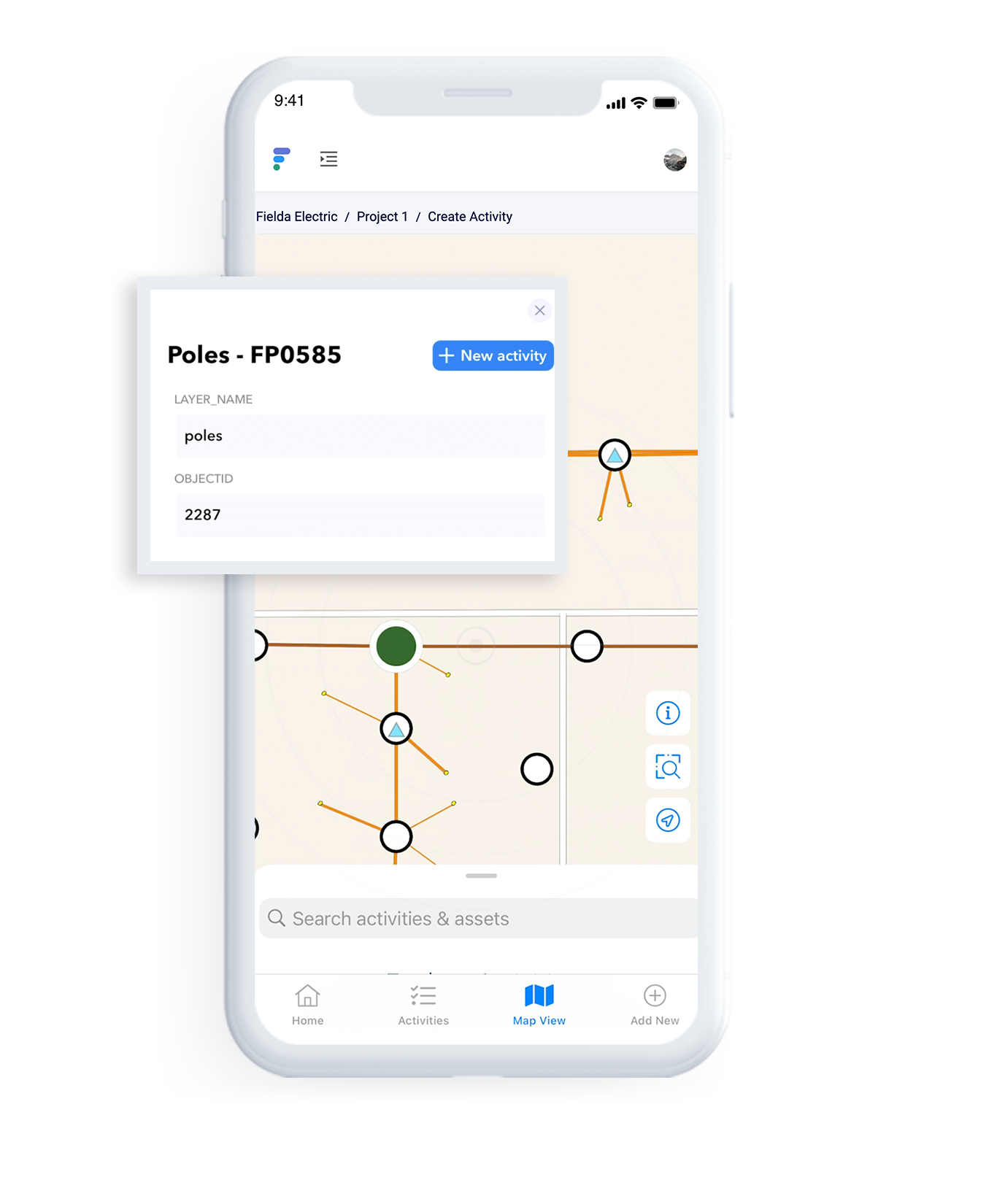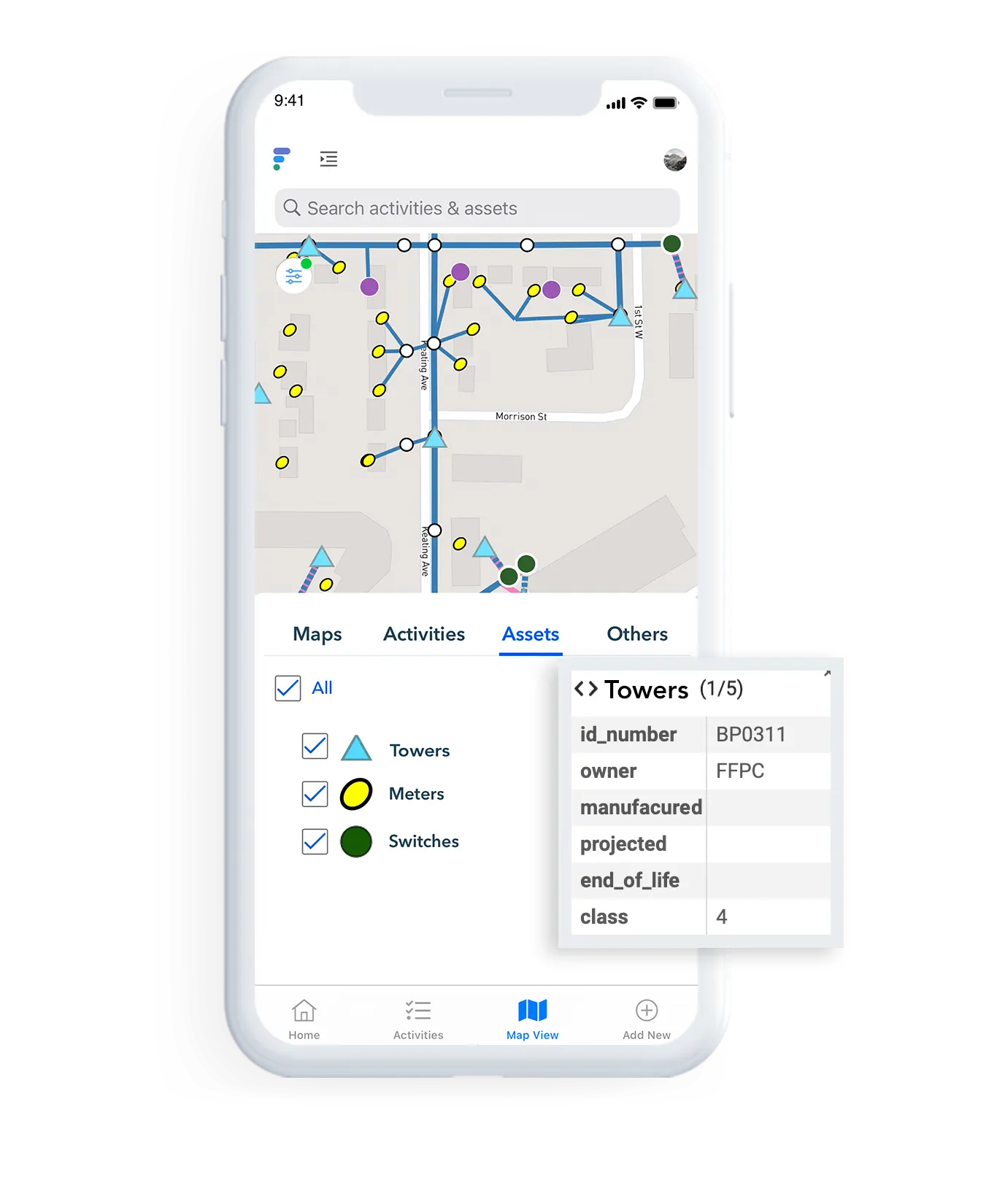The oil and gas industry generates various kinds of waste. During petroleum production and processing, oil spills, air pollutants, wastewater, and solid wastes are generated across multiple phases of operations. These waste products need careful management, monitoring, and documentation in petroleum waste disposal and recycling logs. Here are some critical points about Petroleum Waste Disposal and Recycling Logs.
- What do Petroleum Waste Disposal and Recycling Logs help track and manage?
- What makes these logs essential to waste management operations in oil and gas companies?
- How does Fielda help inspectors maintain Petroleum Waste Disposal and Recycling Logs?
Key elements covered in Petroleum Waste Disposal and Recycling Logs:
Since waste is generated at stages including exploration, processing, transport, storage, and distribution, detailed logs are required to track waste type in each process and how it is being disposed of. These data sheets track product details and numbers, processes that developed the waste, the kind of waste, quality of waste for recycling where applicable, etc. They also include disposal history with disposal dates and parties to whom waste has been transferred for processing or elimination. With these logs, companies ensure they have clear traceability on the waste and how it is safely disposed of.
What makes Petroleum Waste Disposal and Recycling Logs so crucial:
Many of the bi-products and leftovers of the petroleum production process are toxic and can harm people and the environment. Environmental Impact Assessments show that petroleum companies impact water quality, forests, air quality, animal life as well as the quality of the soil. Oil and gas companies must follow specific waste management protocols highly regulated by federal and state bodies. Waste disposal and recycling processing come under the purview of these compliance requirements, and failure to conform can result in hefty penalties, impact the company’s brand, and, most importantly, adversely affect health and the environment.
How Fielda helps inspectors maintain Petroleum Waste Disposal and Recycling Logs:
Waste management and disposal require handling data in large volumes daily and dealing with high-stakes processes. Fielda helps inspectors manage this complex process with ease. Using custom digital forms, they can adapt and use log formats as required for internal operations and regulatory reporting. They can complete data gathering in just a few clicks using pre-defined templates and avoid loss of data or inaccurate data capture. In addition, real-time reports help inspectors review inspection status and key metrics on waste disposal processes to stay up to date.
Pre-empt: Spot anomalies in waste disposal and recycling to avoid process gaps and regulatory violations.
Optimize: Complete inspections faster and more efficiently for increased productivity and staff morale.
Consolidate: Gain insights for process improvement and optimization with Fielda’s key metrics and real-time dashboards.
About Fielda: Fielda helps companies manage and maintain their assets and gain real-time oversight of all tasks, workflows, and projects to improve operational efficiency, enhance team productivity and impact the bottom line. Whether it’s installations, inspections, repairs, replacement of parts, servicing and maintenance, or routine audits, with Fielda’s mobile data collection, GIS-enabled technology, automated and custom workflows, and analytics, you can eliminate errors, enhance response time, ease workflow bottlenecks, and simplify your field operations.

